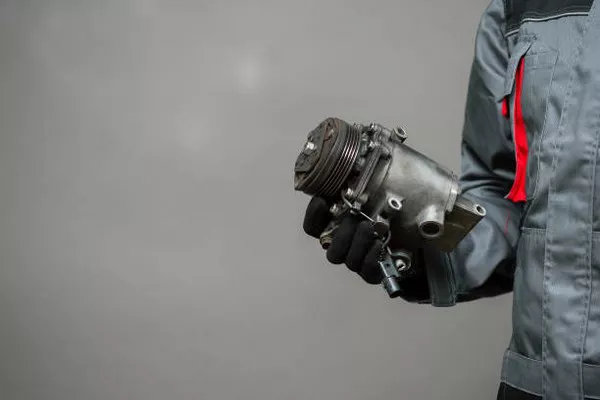The revelation of manipulated safety testing results at Daihatsu Motor Co., a subsidiary of Toyota Motor Corporation, has plunged the automaker into a significant operational and reputational crisis. The investigation uncovered falsified collision safety tests dating back to 1989, revealing that numerous Daihatsu models, including popular kei cars, were not subjected to proper safety tests. This revelation has raised serious concerns about the company’s commitment to consumer safety, leading to a halt in vehicle shipments and a suspension of operations for January 2023.
The Fallout and Financial Impact
The scandal has tarnished Daihatsu’s reputation and brought financial challenges, prompting Toyota Motor Corporation to intervene and assist in addressing the damages incurred. The seriousness of the issue is reflected in Toyota’s involvement, emphasizing the potential costs associated with rectifying the fallout from the safety testing manipulation.
Implications and Consequences
Daihatsu’s safety testing scandal has resulted in the suspension of production at its domestic factory, impacting approximately 9,000 employees and over 8,000 suppliers. Negotiations with unions and suppliers are ongoing for compensation while production remains halted. Additionally, Daihatsu has committed to compensating the companies it directly supplies, further adding to the financial strain on the beleaguered automaker.
Repercussions on the Automotive Industry
This incident adds to a series of scandals affecting the Japanese automotive industry, with similar issues reported at companies such as Mitsubishi Motors, Nissan, Suzuki, Mazda, Subaru, and Yamaha Motors. These incidents raise broader questions about industry practices and the need for enhanced quality control measures. The crisis underscores the imperative for increased transparency and improved corporate governance in the automotive sector.
Toyota’s Response and Industry Reckoning
In response to the crisis, Toyota has pledged to initiate fundamental reforms to revitalize Daihatsu, including a comprehensive review of safety testing methods. The incident sends shockwaves through the industry, highlighting the necessity for stringent safety measures and ethical business practices. The path to recovery for Daihatsu and the automotive industry will be challenging, emphasizing the crucial journey to restore consumer trust and confidence in the safety of their vehicles.

